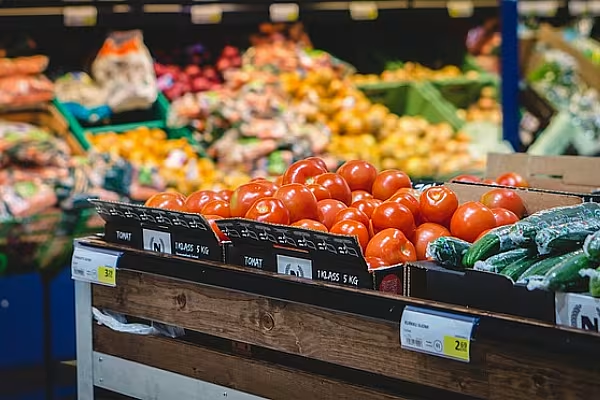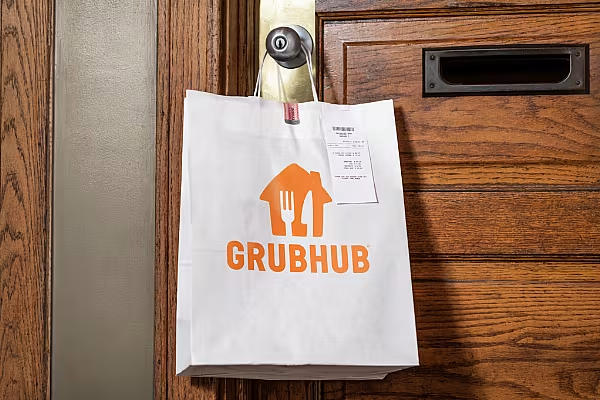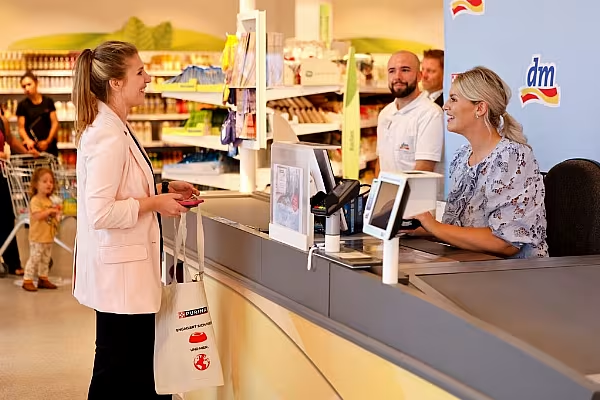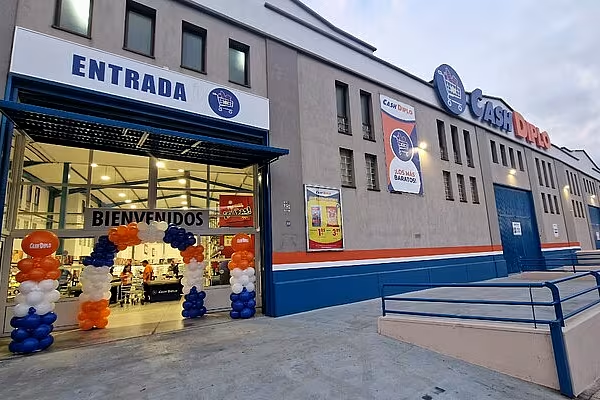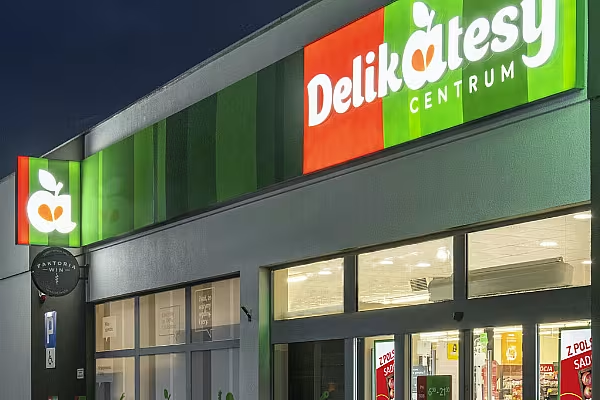Germany’s grocery market is forecasted to be worth €259 billion by 2021 – a growth rate of 10.5% – according to new figures from IGD, the international grocery-research organisation.
The research group reported that all of Germany’s major grocery channels are expected to grow over the next four years, as a result of inflation combined with population growth. It also attributed this to retailers investing more in certain channels.
The online channel is expected to see the most growth. IGD reports that it will grow by 244.4%, ‘albeit from a small base.’
While convenience stores will experience the next-fastest levels of growth (36.4%), discount stores will remain the largest channels in Germany, growing 11.2% during the period, to a total value of €89.3 billion.
'Multichannel Strategies'
Jon Wright, IGD’s EMEA-region manager, has identified several key trends that are helping to drive growth across Germany’s grocery market.
Wright said, “Online is gaining traction across Germany. While the country’s retailers have been slower than others across Europe to focus on their multichannel strategies, many are now starting to invest in, and innovate more with, their online offer, including click-and-collect services, and a number of online-only operators, for example, Mytime.de, have launched in the market.
“There are also lots of new retail concepts emerging across Germany’s grocery market, which, until recently, has been traditionally dominated by discounters and supermarkets. For example, we have recently seen the entry of new players targeting specific customers and providing alternatives to the usual stores. Veganz is a great example, with a number of stores across the country, while Eataly has also recently entered the German market.”
Private Label
Germany has one of the highest shares of private-label sales in Europe, IGD reports, thanks to the strong presence of discount stores in the country, and the private-label market is expected to grow over the next few years.
Wright added, “As the home of the discounters, which typically have up to 90% share of private-label products, Germany’s shopper is used to private-label goods and looks for them in a wide variety of categories. Share of private label is rising, and we expect that to continue, as retailers drive innovation and extend their ranges, particularly in the growing areas of organic (bio), free-from, vegetarian, vegan, and ready meals.”
© 2017 European Supermarket Magazine – your source for the latest retail news. Article by Aidan O’Sullivan. Click subscribe to sign up to ESM: The European Supermarket Magazine.
